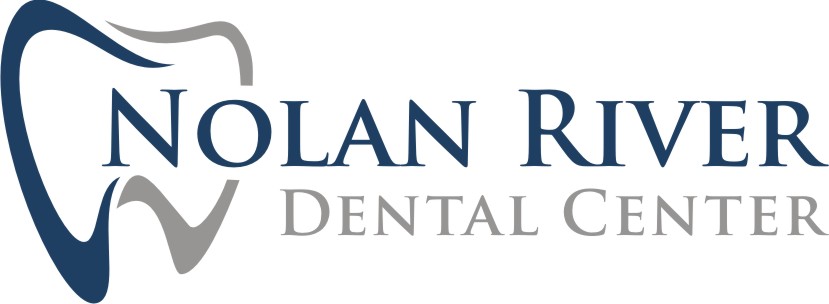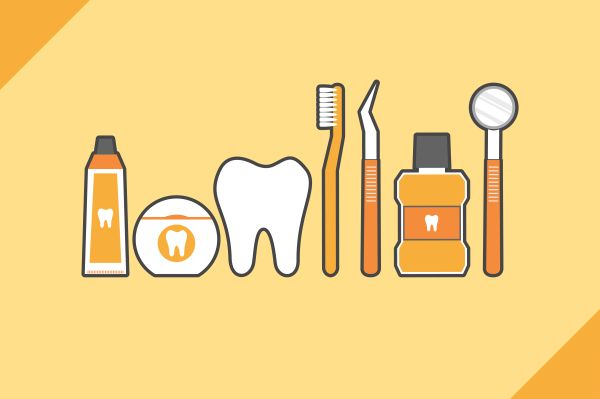Flossing is a big part of preventive dentistry. It removes plaques, makes teeth less likely to decay and also reduces the risk of gum disease. You need to clean between your teeth every day, according to the American Dental Association. This can be difficult if you do not know what to do. Follow some tips to make it easier to floss daily.
Have the right tools for preventive dentistry
People often reach for whatever they can find when they get something stuck between their teeth. Unusual items like forks, safety pins and fingernails are common replacements for dental floss. These are not nearly as effective.
Unconventional items can also harm the teeth and gums, so people need to have floss on hand at all times. This is essential for anyone interested in preventive dentistry.
What tools do people need?
String floss is a common choice for people. This option quickly removes food particles that get lodged between the teeth and cause bacteria and plaque buildup.
Those who cannot properly use dental floss can switch to a water flosser. Water flossers can get around braces, bridges and other dental work.
How to floss properly
Those who are interested in taking care of their teeth must floss properly to get the optimal results. Many people use improper techniques and, consequently, end up leaving food particles and bacteria behind.
Use the right amount of floss
People need to cut a string of at least 18 inches when using string floss. This is long enough to floss between each tooth properly.
Secure the floss
Proper form is also important. People must secure the floss by looping it around both middle fingers. Use the thumbs to pinch the floss to keep it in place.
Take short and gentle strokes
Put the dental floss between two teeth. Hug one of the teeth with the floss, forming a C-shape around it. Slide the floss back and forth and up and down. Then, hug the other tooth and repeat the process.
When it is time to move onto the next two teeth, use a fresh section of floss. Otherwise, it is possible to deposit bacteria in between the teeth. Depositing bacteria between the teeth can lead to cavities.
After flossing
People often think they are through cleaning their teeth when they finish flossing. Those who are serious about making it a part of their daily routine need to also have mouthwash with them when they floss.
Flossing frees bacteria from between the teeth, and some of these can end up in the mouth. Rinse with mouthwash to eliminate the remaining bacteria. Then, the mouth will be fresh and clean.
Develop healthy dental habits
Preventive dentistry techniques such as daily flossing will help to keep your teeth healthy between dental checkups. Floss every day and follow the proper techniques. That way, you will reduce your risk of cavities and gum disease and have a healthier smile as well.
Are you considering preventive dentistry in the Cleburne area? Get more information at https://www.nolanriverdentalcenter.com.
Check out what others are saying about our services on Yelp: Read our Yelp reviews.
Related Posts
How Laser Dentistry Can Help You Conquer Dental Anxiety
For many people who feel nervous about dental care, laser dentistry offers a calmer, gentler path to treatment. The technology utilizes focused light to treat teeth and gums with reduced noise and …
5 Common Misunderstandings About Traditional Dentures
Dentures are a widely used solution for individuals who have lost multiple teeth. However, despite their long history and proven effectiveness, several misunderstandings about dentures persist. These misconceptions can lead to unnecessary …
Why a Toothache Can Worsen at Night
Those who have experienced persistent toothache would know how night times can be. Toothache is worrisome at all times, but they usually get worse at night. This happens for several reasons, some …
Why You May Need a Dental Crown After Root Canal Therapy
Root canal therapy is often the final step in saving a severely damaged or infected tooth. However, in most cases, a general dentist will recommend placing a dental crown after root canal …



